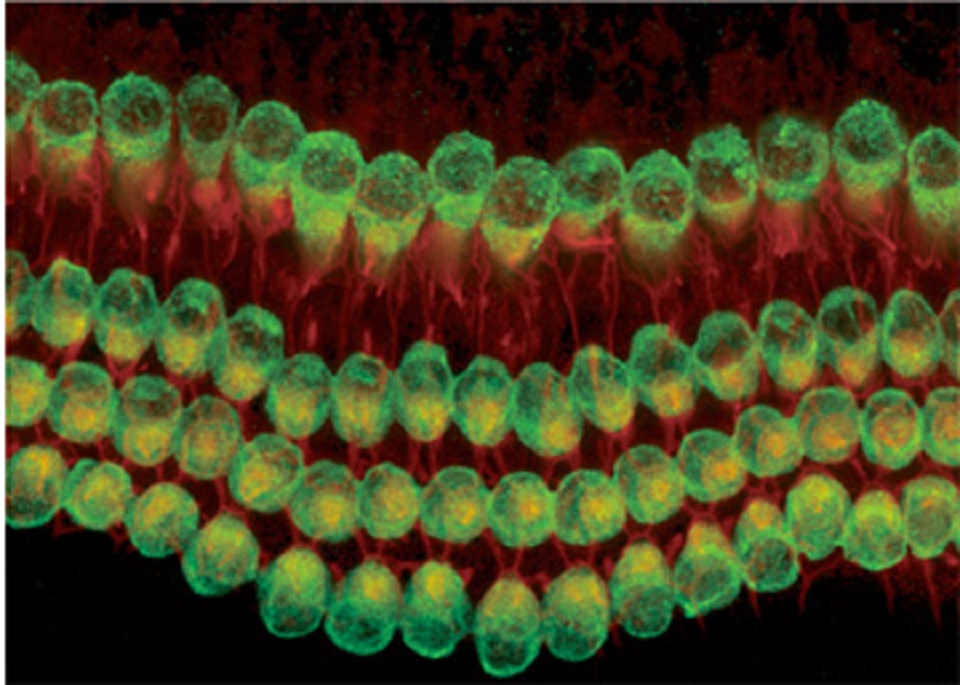
U.S. scientists have developed a drug to restore hearing in deaf mice. They have accomplished this by developing a drug that instructs cells to restore and repair the cells that help the mice to hear.
The scientists at Massachusetts Eye & Ear and Harvard Medical School have managed to restore partial hearing in mice suffering from sensorineural hearing loss. This is a medical condition when cells have died as a result of prolonged exposure to very loud noise.
The research team developed a new drug named LY411575 and this drug instructs nearby ear cells to regenerate sensory hair cells. They then combined it with stem cells taken from the mice’s ears and applied directly to the cochlear region.
The mice were then tested again and were actually able to hear, and were especially good at hearing high frequencies.
It is estimated that 15 percent of the population between 20 and 69 years in the United States have some kind of hearing damage caused by exposure to loud noise. And about 20% of people between 55 and 65 years old reports symptoms of Tinnitus (a constant ringing in the ears, to varying degree).
These symptoms could possibly be healed with this research in the near future.
______________________________
Hearing Restored after Noise Damage
_______________

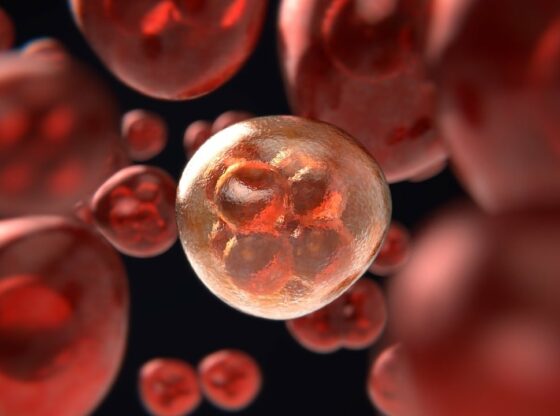

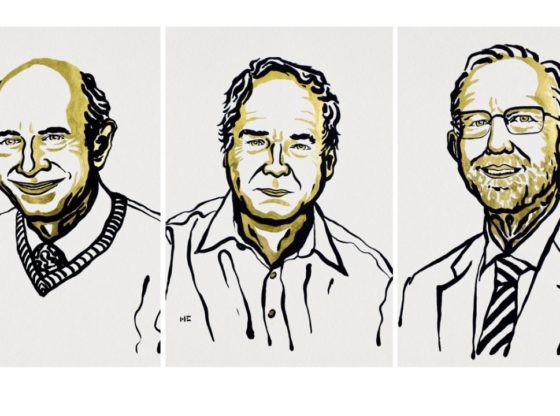
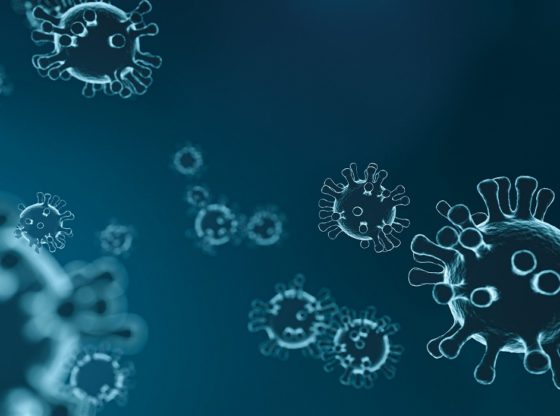
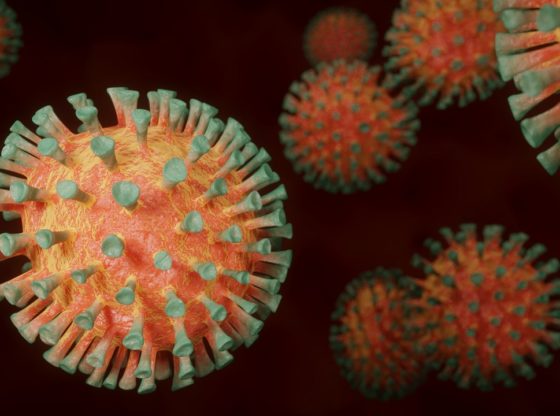
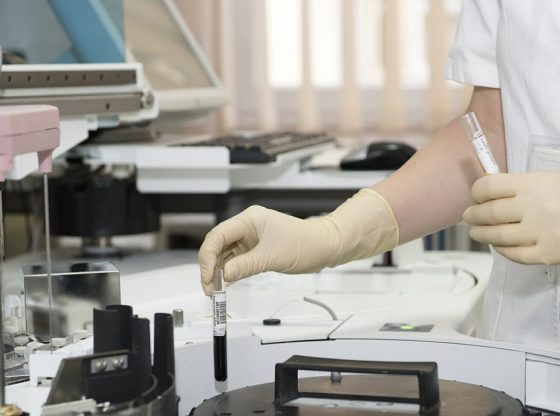
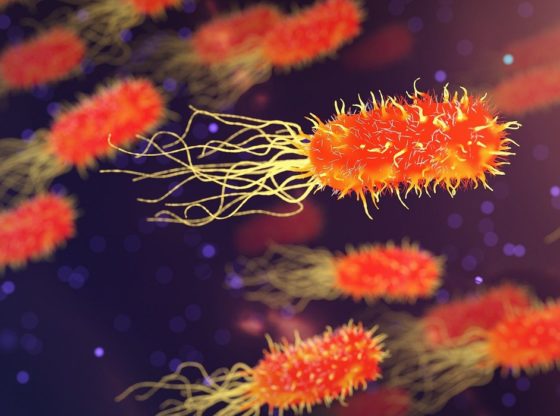
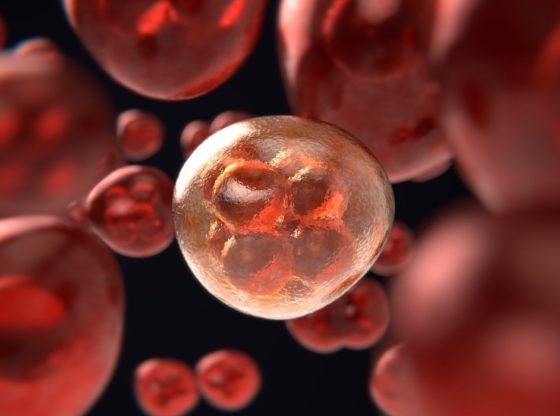


![OpenAI. (2025). ChatGPT [Large language model]. https://chatgpt.com](https://www.illustratedcuriosity.com/files/media/55136/b1b0b614-5b72-486c-901d-ff244549d67a-350x260.webp)
![OpenAI. (2025). ChatGPT [Large language model]. https://chatgpt.com](https://www.illustratedcuriosity.com/files/media/55124/79bc18fa-f616-4951-856f-cc724ad5d497-350x260.webp)
![OpenAI. (2025). ChatGPT [Large language model]. https://chatgpt.com](https://www.illustratedcuriosity.com/files/media/55099/2638a982-b4de-4913-8a1c-1479df352bf3-350x260.webp)








